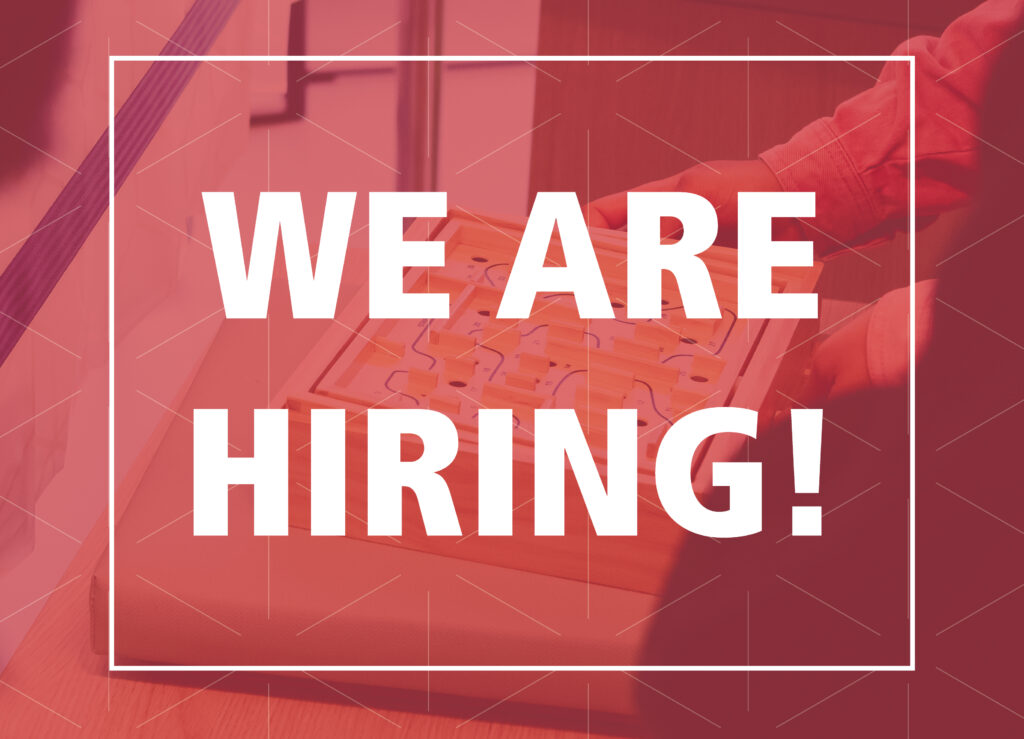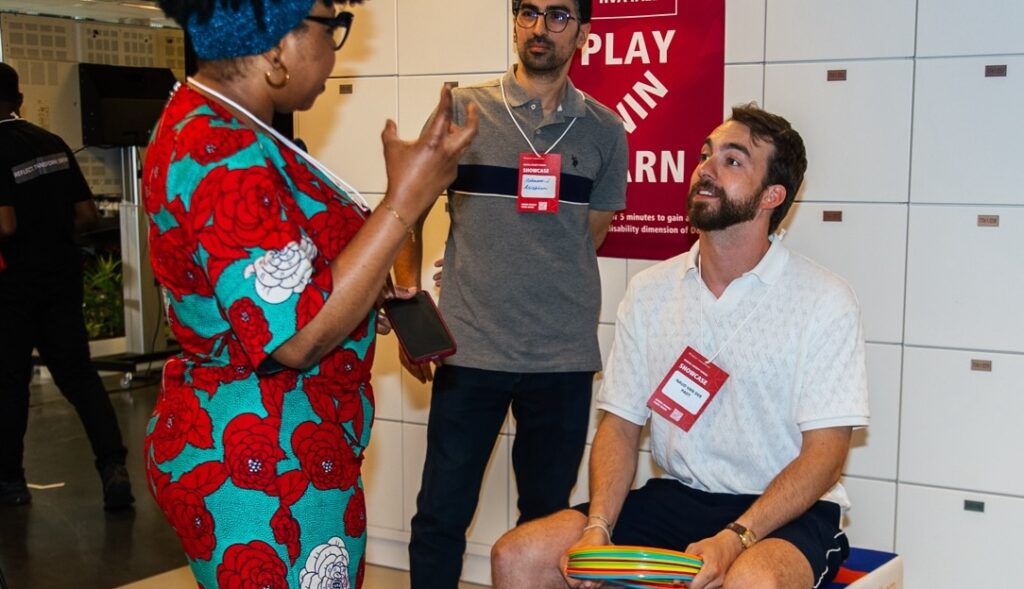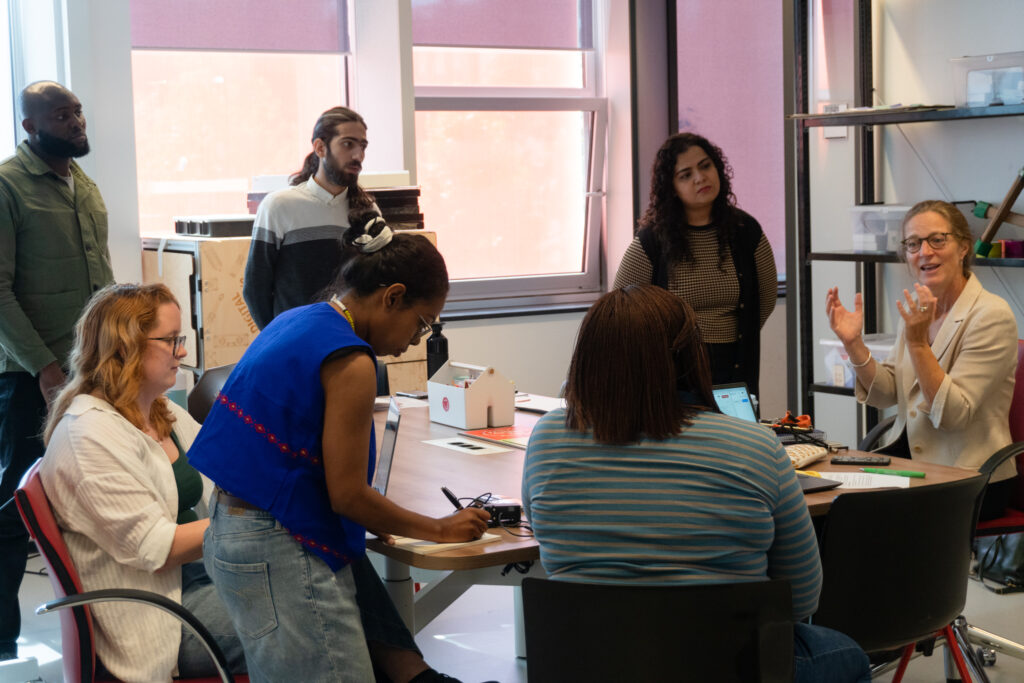Article
DW 2023: Diverse faces of DTIP – Debalina
“There is one word in Arabic that means “wanderer” and that you’re born in this world to wander from one place to another and not stick to one place, and that’s what I have become” – says Debalina, one of our trainees from the Digital Transformation Intensive Programme. She joined the traineeship in September, together with other 37 talented individuals from all around the world and is now in the process of working on a challenge in a team of 5.
Consisting of different nationalities, age groups, educational backgrounds and levels of expertise, this mix of young professionals creates a unique multidisciplinary and multicultural setting. In fact, this is exactly what makes the programme so special. It guarantees that the problems presented by our partners are looked at from various perspectives and contributes to developing truly inclusive solutions for the future.
In light of Diversity Week 2023, we decided to sit down with some trainees from the DTIP and explore with them their experiences of working in such a multicultural environment like DSS and their vision of diversity and inclusivity in more detail.
Could you tell me a bit about your background and where you come from?
My name is Debalina. I am originally from India, and I come from a family of four. I grew up in a small urban city and after that, I went for my masters in the UK. I lived in London for two years for my Masters in Media and Communications. I was working for a little bit in England and then I moved to the Netherlands and lived in Rotterdam. Living in different parts of Europe made me meet so many diverse people from so many backgrounds. I made a lot of friends and also made a home in different parts of the world. So now my friends from my masters keep telling me “When are you visiting me in Italy?” “When are you visiting me in Greece?” So, I always know that I have a home somewhere if I go.
If you also now look at your different experiences, they all led you here. But why exactly did you decide to join DSS?
My skills are in communications and digital marketing. Over the last 4 years, I have been working in marketing, doing content writing and also moved to the tech side of marketing too. Now I work with a lot of marketing tools and design as well. I need to do a lot of design thinking but I don’t have a background in design. Thus, my motivation to join this course was solely because one of my friends suggested this programme. I have the soft skills, but not the hard skills for design. So, my goal is with this programme to gain a mixture of these two.
You said that you met many diverse people on your path so far. So, what does diversity mean to you?
Diversity is a word that means that we are from different origins, speaking different languages with different cultural values. However, it all comes down to common shared values. When I talk to my friends or so many people from different parts of the world, something clicks in my mind that I can completely relate to. For example, some people are really close to their families or there are people with a strong mother figure. These are some things that I relate to. We are from so many different backgrounds, yet we still have common shared values. So according to me, diversity is having differences, but sharing some values.
I can imagine that your DSS team is pretty diverse as well. How does it feel to work in such a team? Can you share both the advantages and challenges that you have observed so far?
My team is really diverse – we don’t have any common country or any common language between us. The advantage of being in a diverse team is that I learn a lot from different types of mindsets. Everyone has different experiences in their countries and in their profession because we vary in a professional way too. So, everybody brings in ideas and the brainstorming becomes more fruitful. At the same time, because of the diverse backgrounds, sometimes we get lost in translation. That is the most difficult part because sometimes there are challenges in communicating ideas. It can be difficult to understand what they [teammates] are actually trying to mean. It can also be a boundary of language, but we are trying to overcome it.
One last question. How can we all make our society a little bit more inclusive with our own practices?
One thing is to be more cooperative, be more patient and listen. Just be a nice person. I mean, it does not tax you or it does not charge you to be smiling at someone or just wishing them good morning. So, being nice to people is something that is the first step probably to being more inclusive.


